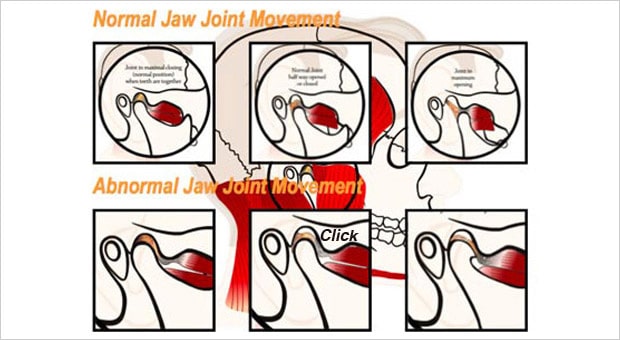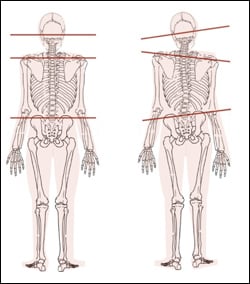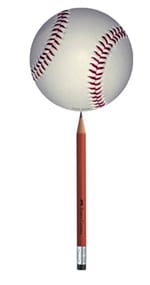Neck, back, shoulder pain and ‘muscle recruitment’

Your neck, back and shoulder muscles work as a team. (Seldom does a single muscle work without other muscles in the team joining in.) Often, when muscles are overworked, they will recruit additional muscles to help out.
Strained Neck Muscles Affect Posture

1. With the head centered, the spinal column is straight.
2. Muscle tension can shift the head away from the center.
3. To compensate the spine begins to buckle.
4. Postural Distortion develops as the shoulders and hips begin to tip.
The muscles of the head and neck are all involved in turning the head, chewing, talking and breathing. When certain muscles are over-contracted, it will affect the muscles that hold up your head and those that support the shoulders and back. The recruitment of other muscles ends in unbalance, which results in pain.
The bones in the neck, especially the atlas and axis, are intimately involved with the muscles that control biting, talking, chewing, breathing and head posture. Sore, tight, contracted muscles of the jaw will tilt the head and shoulders causing over-compensation of the neck, shoulder and back muscles.
Imagine this …

Now, imagine your head as a baseball and picture it balanced on top of a pencil, being held in place by a number of rubber bands. When muscles are tense, they shorten. Now envision shortening just one of those rubber bands. Some rubber bands would stretch, some would shorten but regardless, the baseball would be thrown completely off kilter.
Similarly, when even a single jaw, neck or shoulder muscle becomes shortened – all of your other muscles are forced to compensate to keep the head balanced on top of your spinal column. Your overworked muscles become strained, sore and tender – making them uncomfortable in your neck, shoulders and back.
When you have TMJ, your unaligned bite causes a ripple effect throughout all these regions and it results in pain and strain throughout the top half of your body. Correcting your bite so that your muscles can function properly and without additional strain can be the difference between living with muscle discomfort or muscle continuity.
If your bite is misaligned, it needs to be corrected as the problems will worsen over time. Dr. Westman can provide TMJ treatment options for you.
